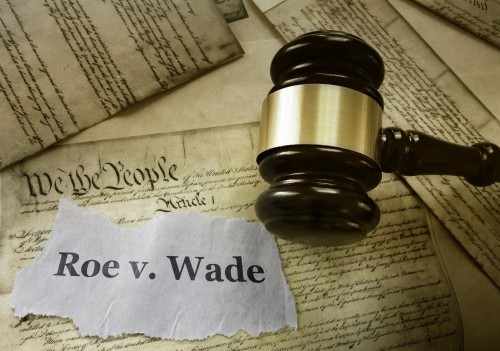The Supreme Court decided in 1973 with their ruling on Roe V. Wade that women having the freedom to make their own reproductive choices was a constitutional right, but that hasn’t stopped people from debating and trying to involve the government in those choices.

Americans have long been divided about the topics of abortion and contraception, but lately the issue has resurfaced as a major source of strife between our citizens who are pro-choice and those who are not. So much so, that over sixty bills and resolutions that address these subjects have been introduced in Congress just since January. To put this in perspective, there were seventy-five total bills and resolutions regarding women’s reproductive health introduced for all of 1979.
H.J. Res 31 & H.R. 2452
So far, out of those introduced bills and resolutions, only one has been enacted. H.J. Res 31, a resolution which staved off another partial shutdown by funding the government through September, was signed by President Trump in February and stipulates twenty-one times that none of the funds appropriated will go toward abortions. On the flipside, Section 129 of Connecticut Representative Rosa L. DeLauro’s proposed H.R. 2452: Medicare for America Act 2019 states that federal funds may be used to provide for abortion services.
H.R. 2182 & S. 1086
H.R. 2182, was introduced in April by New York Representative Carolyn B. Maloney, proposing that pharmacies can’t turn women away who are seeking to have their birth control prescriptions filled or buy over-the-counter emergency contraception, even if the pharmacy’s employees have firmly held beliefs against this. Senator Cory Booker of New Jersey proposed a similar bill, S. 1086 in the same month.
S. 141
Senator Joni Ernst of Iowa proposed S. 141 earlier this year, which would prohibit the federal funding of Planned Parenthood. Kentucky Senator Rand Paul introduced a similar bill around the same time.
H.R. 2082
Representative Louie Gohmert of Texas introduced H.R. 2082 in May, which would require a minor to notify her parents or guardian that she is seeking an abortion, and then wait for a period of 96 hours after the notification, in case the minor’s parents would like to intervene.
Reproductive Issues
Reproductive issues are getting a lot of attention at the state level too. According to K.K. Rebecca Lai at the New York Times, eight states have passed laws to prohibit abortions so far this year. That includes Kentucky, where the abortion ban was blocked by a judge. H.B. 182 in Ohio makes contraceptives less accessible to women by limiting what insurance is required to pay for.
Eventually, the Supreme Court may revisit the issue and hand down another ruling on the subject, until then, we can expect to keep hearing about proposed legislation geared toward both sides of this argument.


